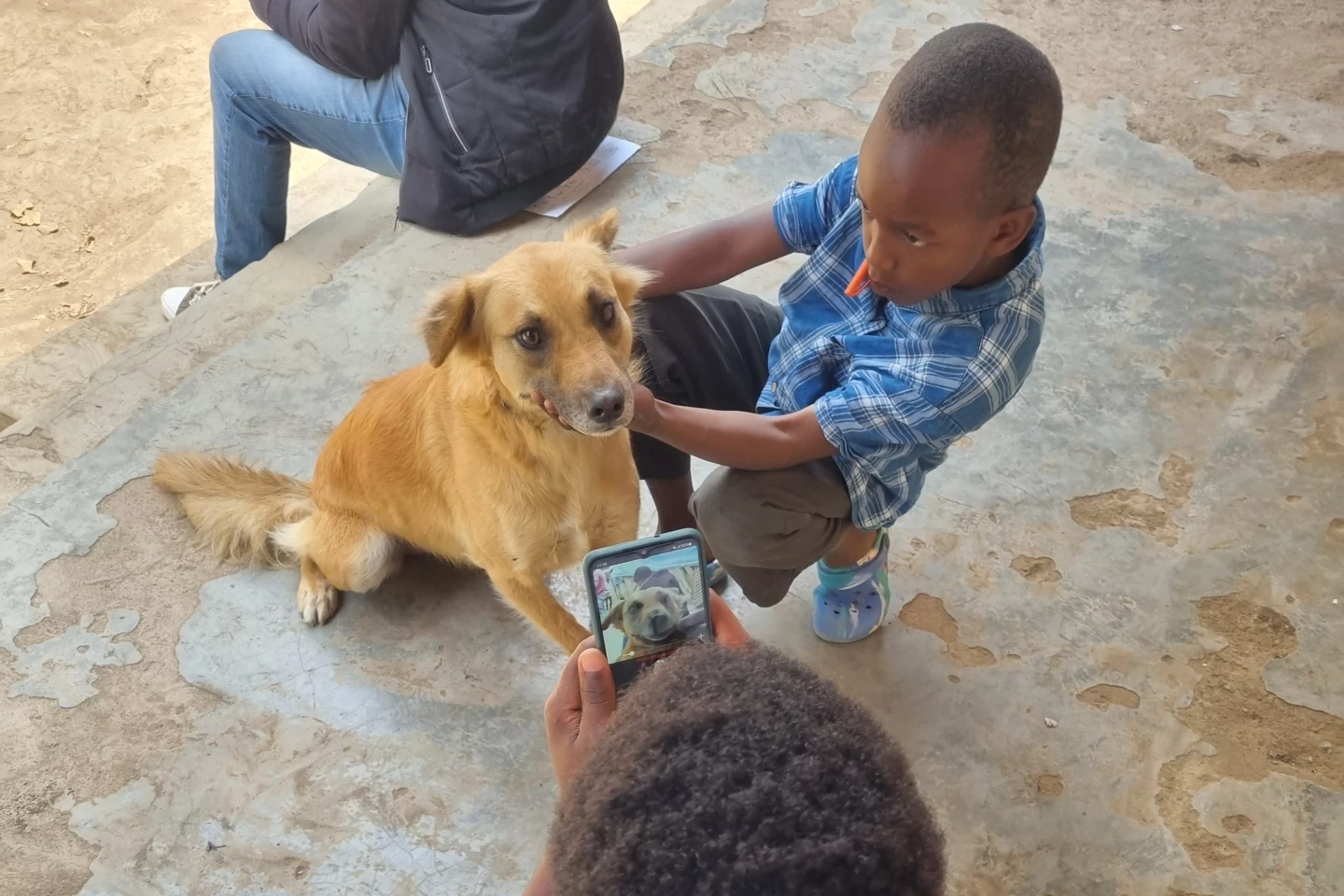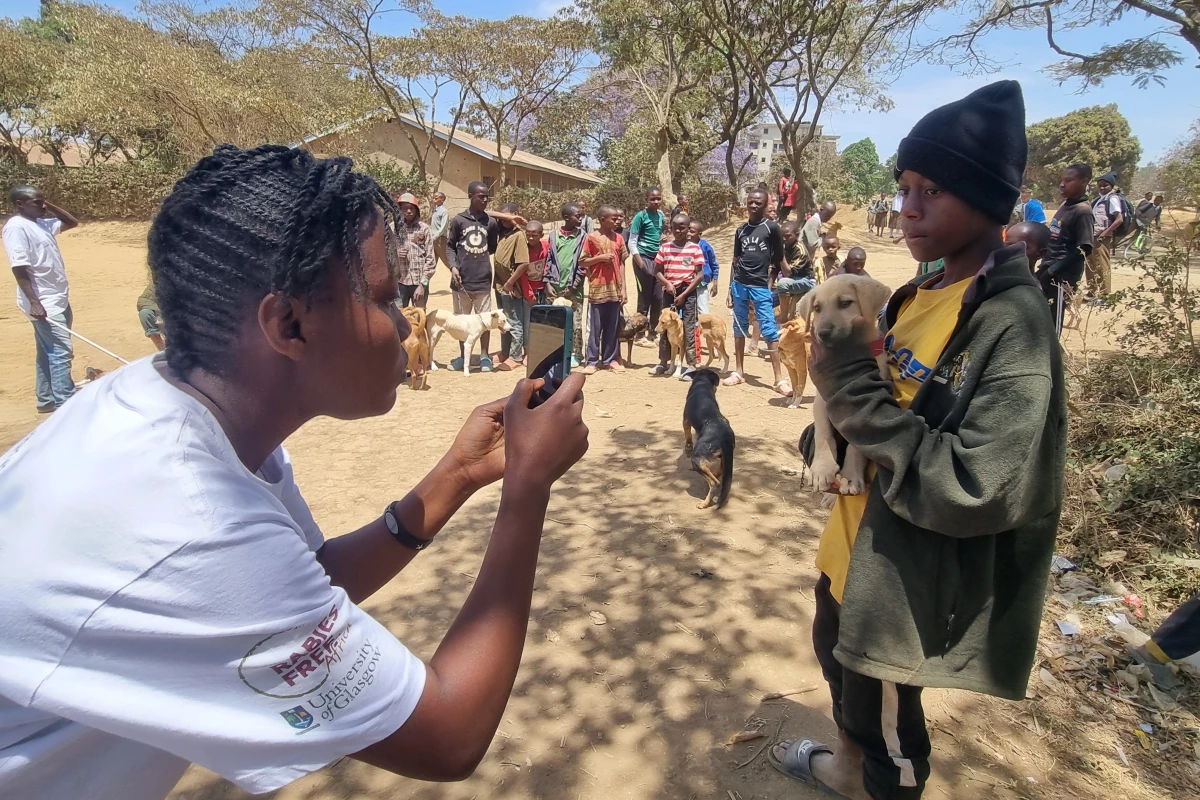In regions where dogs often run loose, don't wear tags and aren't microchipped, it can be difficult for authorities to keep track of which ones have already been vaccinated against rabies. A new app could help, by identifying individual dogs via facial recognition technology.
Currently being developed by scientists at Washington State University, the app is a modified version of one created by Canadian company PiP My Pet, for identifying lost pets.
The basic idea is that when a dog is initially vaccinated, a smartphone photo of its face will be taken and entered into a database via the app, along with information such as the animal's age, color and sex. When veterinary staff later return to that same area, they will take a facial photo of each dog they encounter.
If the app finds a close match in the database, it will notify the user. They can then decide if the vaccinated dog in the database is indeed the same dog they're currently assessing. The technology has already been tested in rural Northern Tanzania.
A vaccination team visited nine villages in the region, where they vaccinated and photographed 1,420 dogs at a mobile clinic. All of the photos were entered into the app's database. Twenty of the images were deemed unusable, leaving a total of 1,400 dogs to work with.
When a separate validation team subsequently visited the same villages, they assessed 720 dogs via the app, not knowing which ones had been vaccinated and already entered into the database. Once again, not all of the photos were found to be good enough for the study – 161 were rejected, leaving 534.
Utilizing those images, however, the app allowed the validation team to correctly identify 76.2% of the dogs that were vaccinated, and 98.9% of those that were not. The animals' identities were verified via RFID microchips that had been implanted under their skin when they were vaccinated, as part of the study.

The scientists are now optimizing the app's dog-registration process, in order to reduce the number of rejected photos. They also plan on integrating the online database into the app, so it can be used without internet access.
"When carrying out mass vaccination, one of the major problems that we face is trying to identify which dogs have and haven’t been vaccinated," said the lead scientist, Assoc. Prof. Felix Lankester. "For example, microchips are too expensive to use at the scales needed to eliminate rabies, and collars can be removed by owners. We developed this app to see if facial recognition might work, and it’s showing great promise in helping us to achieve that goal."
A paper on the research was recently published in the journal Scientific Reports.
Source: Washington State University





